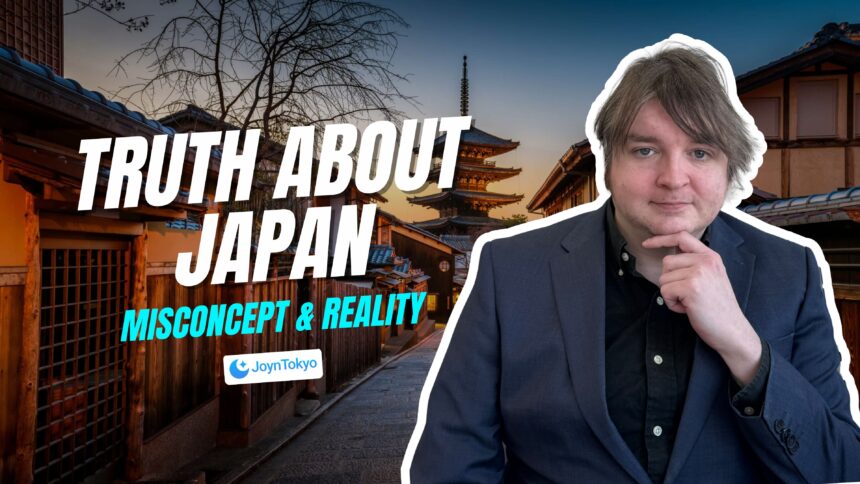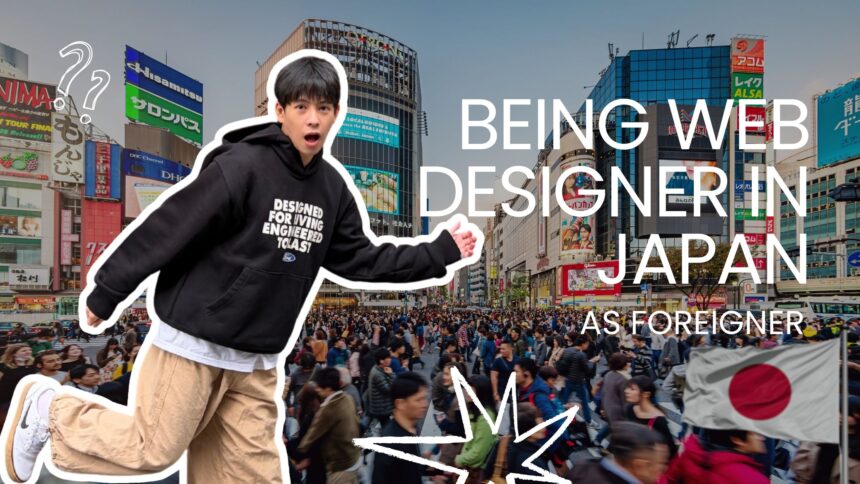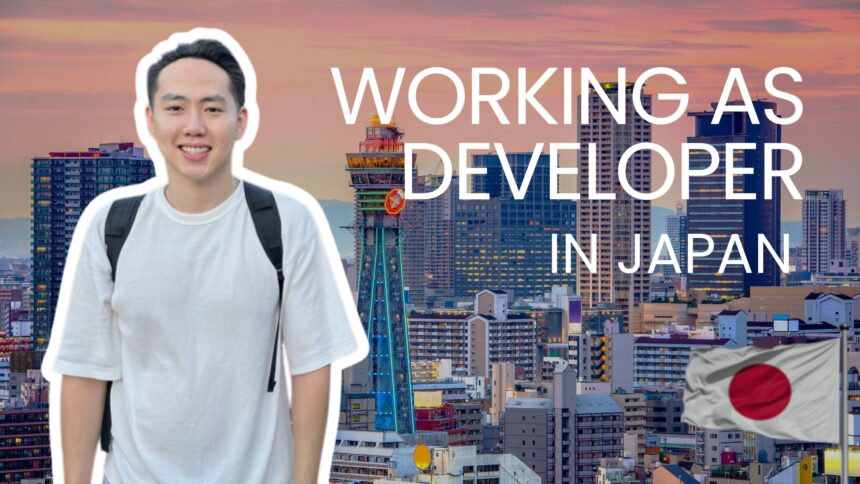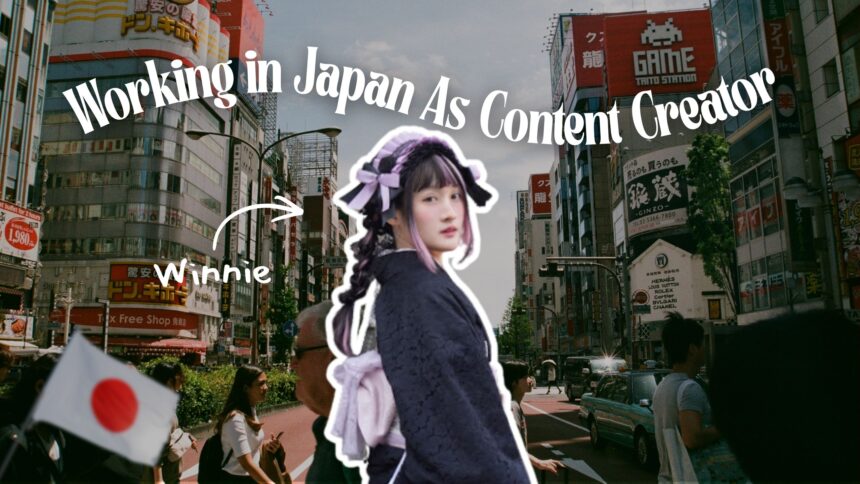Tokyo is one of the biggest, busiest, most famed cities in the world, and that means that everyone has an image of the city. It’s high-tech! It’s brightly lit! It’s crushed and crowded! It’s expensive! But are these stereotypes true? How does the image of Tokyo match up with the reality? Let’s talk about some common misconceptions that many have before they come here, either to live or to visit.
Tokyo is Expensive
The first misconception is that Tokyo is incredibly expensive. This is an image that has been a part of the city’s mythos for decades now. But is it true_? Well, no more than any other major city.
Housing
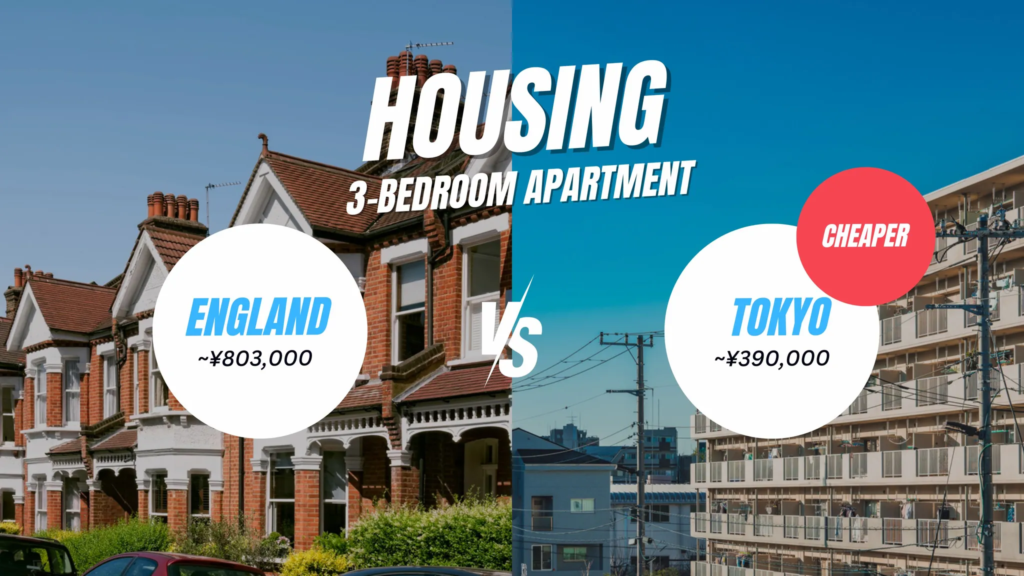
The biggest surprise to me, having come from London, was how relatively affordable the housing in Tokyo is. When I found my apartment, everything — including bills for gas, water, electricity, and the internet — came to about one third of my take-home pay. This is in stark contrast to where I was living before, where my small one bedroom flat, before bills, was over half of my paycheck. My old flat was larger, but only slightly.
Additionally, bills are not especially onerous, and home insurance is included as part of my rent. In my case, this includes assistance when things in the house go wrong. When I had a problem with my toilet, a quick call to the agency that helped me find the house soon saw a plumber come round and fix the problem, without handing me a bill, as it was covered by my insurance. This is totally different from how things are in the UK.
That being said, I do live in a small suburb on the outskirts of Tokyo. If you’re looking for something more central — or if you’re looking to buy — things become a little pricier. Most of my friends prefer to live either on the outskirts, or even just outside the city proper, in Chiba or Saitama, which are also cheaper, and not difficult to commute to and from (and I’m super jealous of their larger apartments).
Food
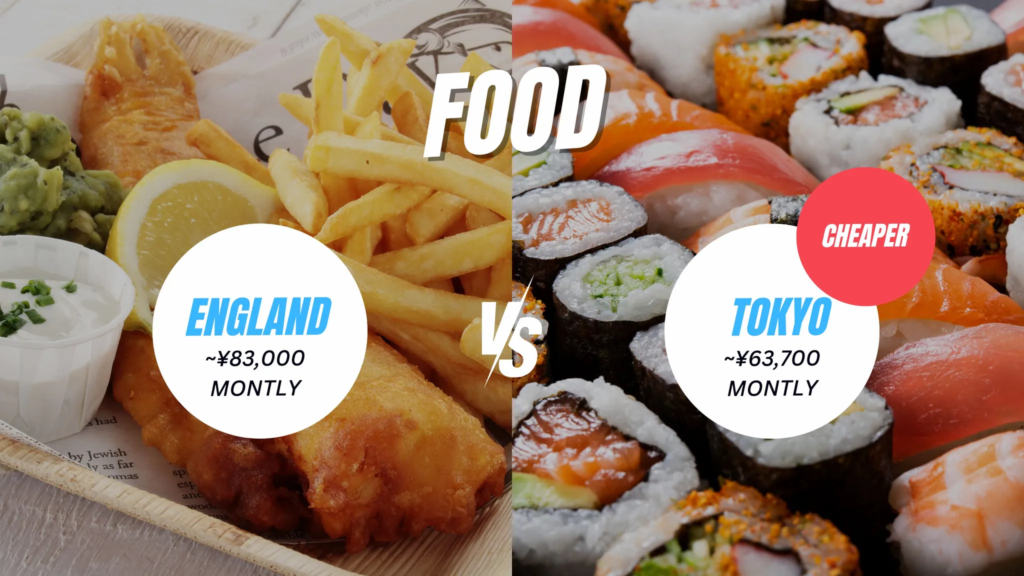
One area that is true is that food can be expensive — but only some foods. Meat I found to be weirdly cheap, but vegetables a fruits are surprisingly expensive. Even something like carrots or apples are a lot more than I’m used to. The quality is very high, but because I’m accustomed to buying oranges for pennies, the price of mikan can be a little bit steep in my view. Honestly, it’s sometimes easier to(and even cheaper) to eat out or get takeaway.
Transportation

With the Shinkansen bullet-train being a practical national icon, almost everyone thinks of Japan as a Mecca for efficient public transport, with even slight delays resulting in groveling apologies from train drivers. Well, again, a lot of this is myth, though there is some truth.
Trains
Yes, the Shinkansen is definitely the gold standard of Japanese domestic travel. Comfortable, efficient, and clean, these modern marvels are the source of much of the legends behind Japanese transport. These truly are very rarely late, are scrubbed clean in under one minute after the last passenger has departed, and connect major Japanese cities. I’ve used the Shinkansen many times, and never had a problem.
Local trains and metro rail is a little different, however. Given the sheer number of trains in Tokyo, both overground and underground, it’s impossible for all of them to be on time at all times. Delays are not frequent (certainly not compared to London) but when they do happen, they can be irritating. I’ve been crushed inside a train before because a delay meant that everyone who was now late was trying to pile into just one train, and it wasn’t as pleasant experience.
Another thing that strange is the relative infrequency. In London, trains on the Tube tend to come and go every two to three minutes. Here, five to six minutes is the norm. This might not seem like a big difference, but I find it irritating that if I miss my train, there’s a good chance of a big delay, rather than the small ones I faced in London.
Buses
Buses in Tokyo tend to be a lot smaller than buses in other major cities I’ve been to. They’re generally on time, and not especially expensive, but you might be lucky to get a seat, especially on popular routes. I’m also surprised not just by the lack of seats, but by how small they are. While I’m generally okay with it, when I’ve had to go on the bus with a large bag or suitcase, it can make things very awkward.
Unfriendly People
This is an area that is more of a misunderstanding than anything else. While Tokyoites have a reputation for being cold and uncaring, in my experience this is far from the truth.
Not Big on Conversation
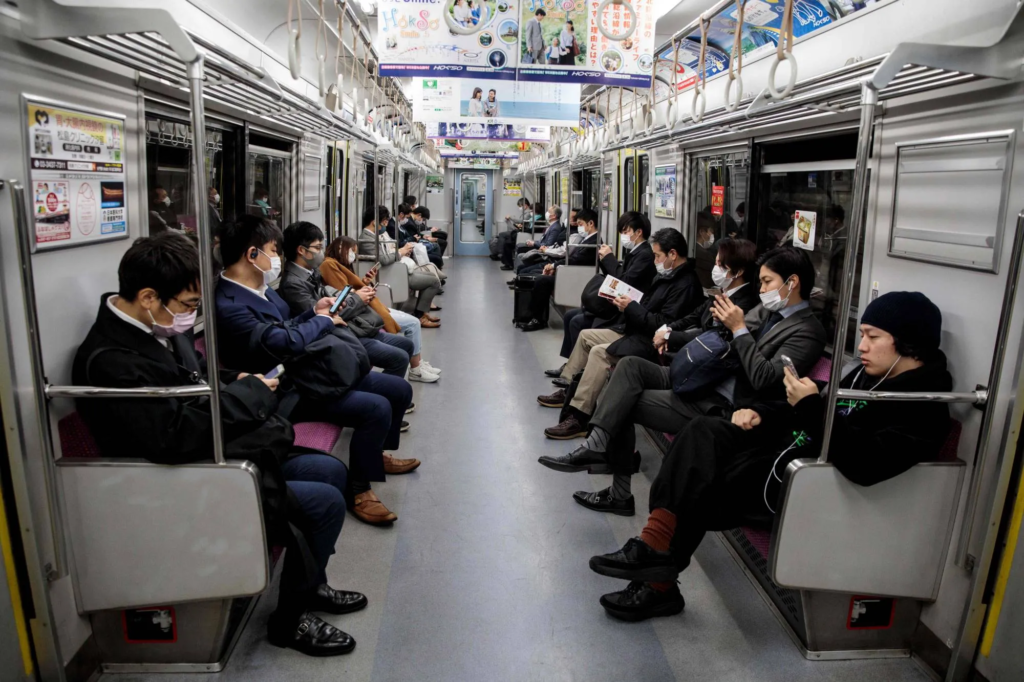
Depending on where you’re from, it might be normal to strike up a conversation with a stranger to share frustrations, observations, or a joke. But in Japan, and Tokyo generally, this isn’t the case: people usually keep themselves to themselves. This can be construed as indifference, but I think it’s just the norm here.
Actually, you may occasionally find the opposite — some people are eager to practice their English, and may ask you a few questions about yourself. I even once was walking through a shopping mall when an elderly woman stopped me and said: “Excuse me. Welcome to Japan!” before carrying on with her pole walk. It was just a little thing, but it made me smile.
Start Your Own Japan Journey With Expert Guidance
Just like the person you read about above, you can successfully move to Japan. Get personalized support for work, study, or life in Japan.
Book Your FREE Consultation✓500+ Bookings ✓ English-speaking Relocation Support Experts
Irritating Foreigners?
With the rise of streaming culture, and the bounce back in tourism after the Covid-19 pandemic, many internet streamers from abroad have been visiting Japan, and especially Tokyo. Since a lot of streamers are keen on bombast, they have been known to do and say things that irritate Japanese people, and so an image has been cultivated that Japanese people are irritated by foreigners.
However, in my experience, this isn’t the case. Most people know that 99% of any group of people are fine, and I’ve never had anyone get annoyed with me, so long as I was following the rules. If you’re polite, calm, and understanding, no one is likely to get irritated or annoyed with you.
Conclusion
Tokyo, like many big cities, has all kinds of people, perks, and problems.

